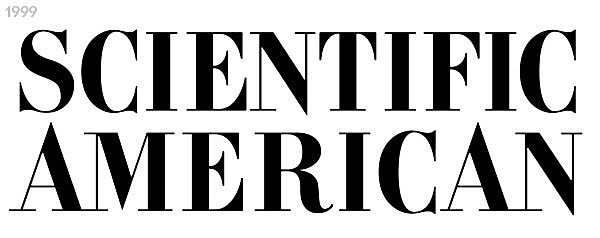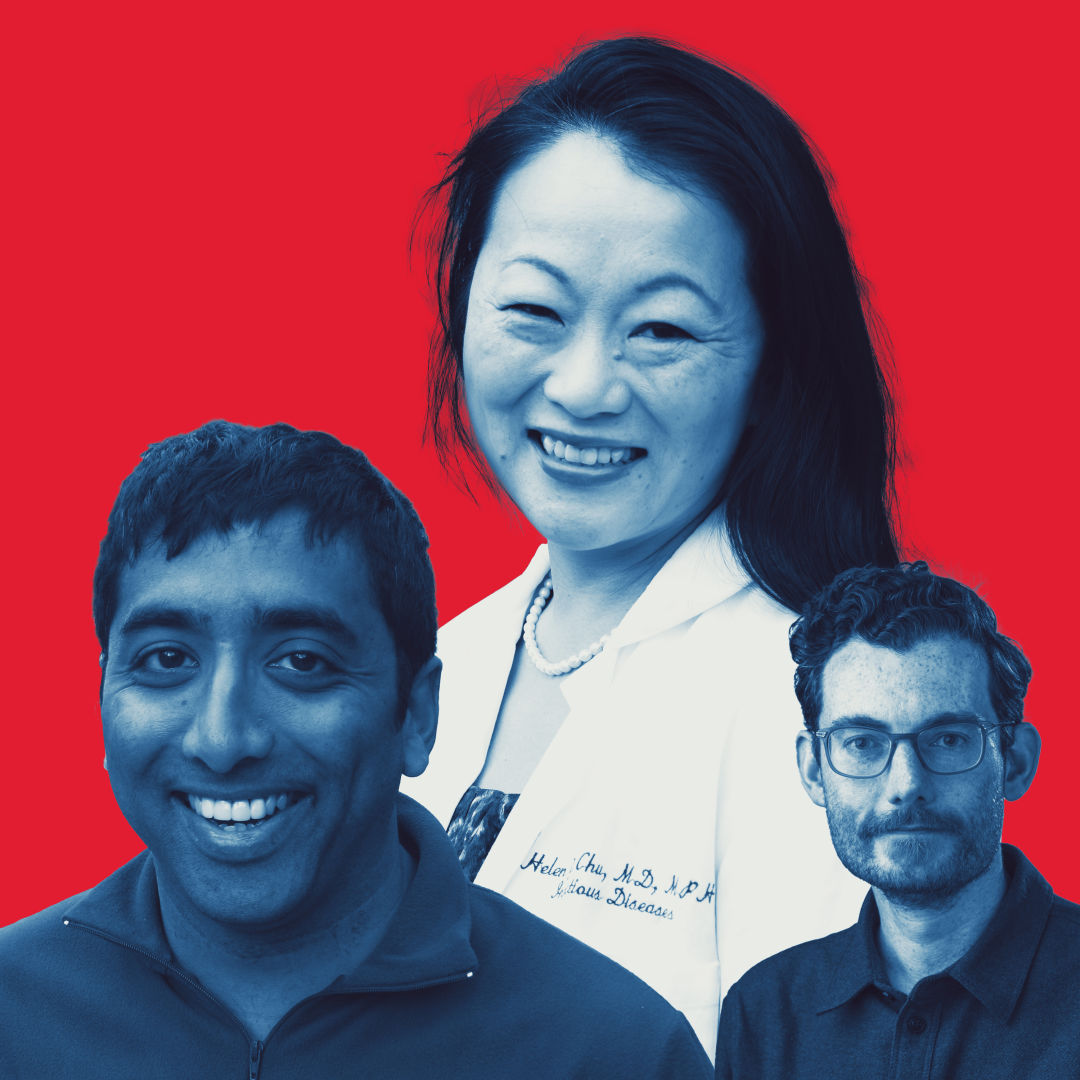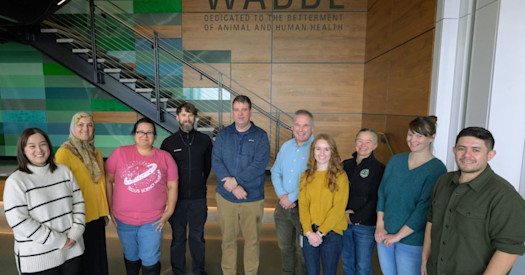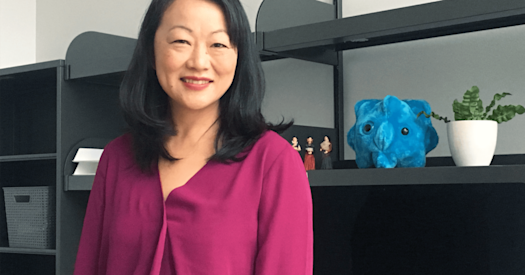

Weeks before the local outbreak of Covid-19, a group of scientists from some of Seattle’s top medical centers huddled at the University of Washington. A nascent organization there had backed the brains behind the Seattle Flu Study, a community-wide disease surveillance program that prompted the meeting on this winter day. Now Dr. Trevor Bedford had shifted the conversation to a more mysterious illness: the new coronavirus. This could be like another 1918, he warned his peers, alluding to the Spanish Flu pandemic. “That definitely got it on our radar,” says Dr. Jay Shendure, the scientific director of the Brotman Baty Institute for Precision Medicine.
The ingenuity that followed owes much to the Seattle medical community’s collaborative spirit. In 2017 this cooperative approach inspired UW Medicine, Seattle Children’s, and the Fred Hutchinson Cancer Research Center to found Brotman Baty. Along with a heavy dose of serendipity, it also allowed a group of prescient researchers to repurpose a study’s samples on the fly and address a more pressing topic than the seasonal flu’s prevalence in the community: Was the coronavirus spreading throughout Seattle?
By late February, lab operations head Dr. Lea Starita had developed a test for the virus that the team could apply to samples it had collected for its flu study. When a local teen’s specimen from February 24 returned a positive result, it marked the first reported case of community transmission in the U.S. A paper lead-authored by Dr. Helen Y. Chu observed that the finding “initiated assessment of the spread of the virus in the Seattle region, which in turn accelerated public health efforts to mitigate the emerging pandemic.” In medical journal terms, that’s a mic drop.
The cohort soon encountered a regulatory holdup, but out of that delay emerged the Greater Seattle Coronavirus Assessment Network Study (SCAN). The flu study’s researchers now contribute to an effort that sends test kits to homes throughout the city. Supported by Gates Ventures and other local partners, these self-collected exams involve little more than a twirl of a swab yet reveal vital information about the spread of Covid-19.
Now more cities want to get involved, according to Shendure. You can bet this bunch will be open to it.


